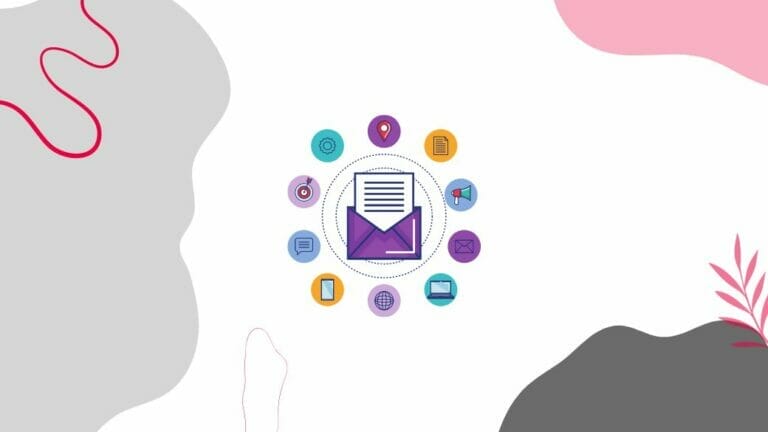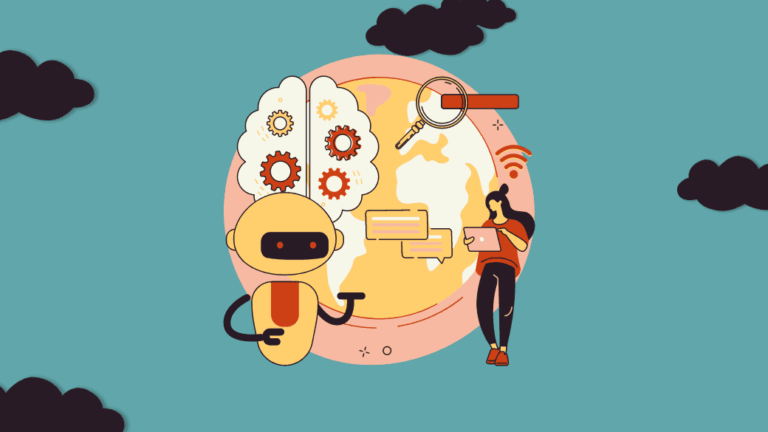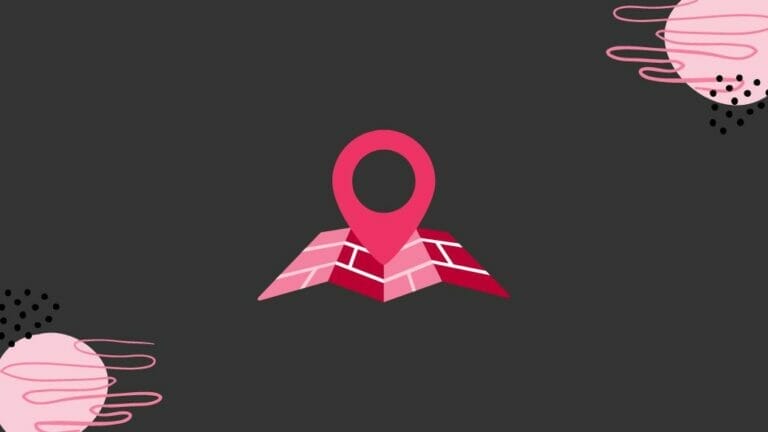Why Your Business Needs a CRM System
Is your business struggling to keep track of customer information? Are you wasting valuable time trying to manage contact data manually? A CRM system can help you. Here are reasons why every small business owner should invest in a CRM.

by Chris Latham
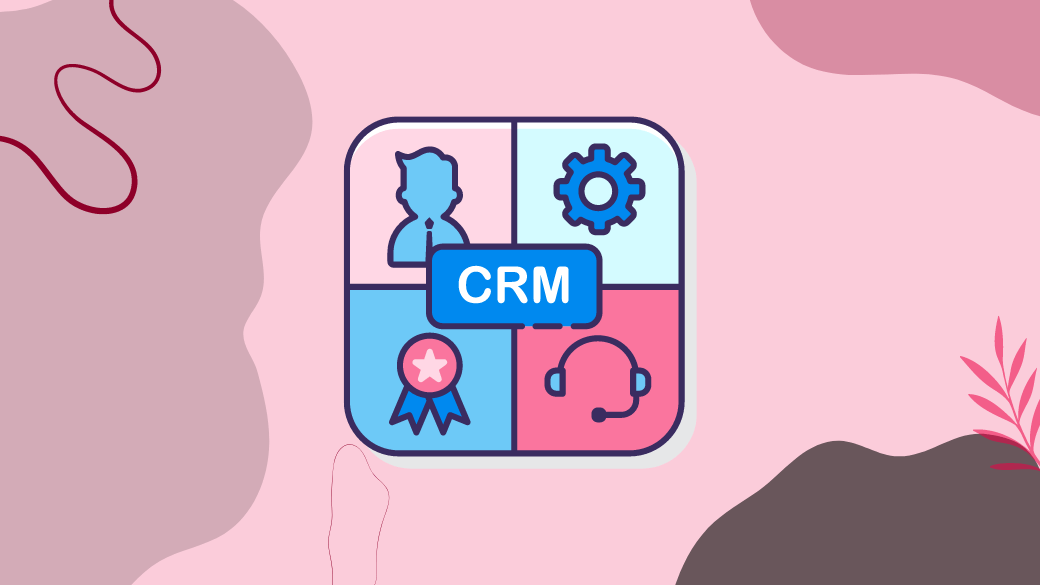
Do you remember the last time you spoke to a customer on the phone? What about the last time you sent an email? If it’s been a while, then your business is probably missing out on some major opportunities.
A CRM solution can help make your customer interactions more efficient and effective, which can lead to more sales and happier customers. In this blog post, we will discuss why every business needs a CRM solution and how it can benefit your company.
What Is CRM Solution
A CRM solution is an important tool for businesses. It helps them keep track of all the customer data in one place. This makes it easier for companies to manage and customize their relationships with customers.
Additionally, a CRM solution can help businesses streamline customer communication and interactions, optimize customer engagement processes, and more. Thus, a CRM solution is essential for any business looking to improve its operations and reach potential customers.
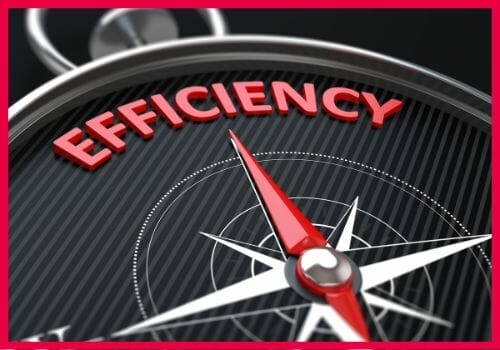
How Does a CRM Help a Business Run More Efficiently?
So, if you’re thinking about implementing a CRM system for your small business, here are seven things you should know first.
#1 Automate the Boring Stuff
A CRM can help automate and keep track of tasks related to customer interactions, such as sales, marketing, customer service, etc. This can help to keep the entire team organized and on track in terms of meeting deadlines and goals.
For example, a CRM can improve your workflow by automating repetitive tasks such as sending follow-up emails or scheduling appointments.
#2 Centralize Customer Data
By keeping all customer data in one place, a CRM makes it easy for different departments to access the information they need. This helps to avoid duplication of effort and ensures that everyone is working with the most up-to-date customer information. Such as contact information, purchase history, support tickets, and more.
#3 Identify Customer Patterns
A CRM can help to identify trends and patterns in customer behaviour. This information can be used to make more informed decisions about marketing campaigns, product development, and other areas of the business.
Additionally, you can use this information to develop targeted marketing campaigns and improve your overall sales strategy.
#4 Improve Customer Satisfaction
By tracking customer interactions and maintaining a history of communications, a CRM can help resolve customer issues more quickly and efficiently. This can improve customer satisfaction and loyalty levels.
This, in turn, can help you to tailor your products and services to improve the customer experience & customer support.
For example, your sales and marketing team can use the data gathered from the CRM to better understand customer needs and wants.
#5 Increase Productivity
Most CRM systems include features that help employees complete tasks faster and more efficiently.
This allows them to spend more time working on projects that generate revenue instead of spending time on administrative tasks.
For example, CRMs can automatically send emails to clients after a sale has been made, allowing employees to focus on closing deals rather than sending follow-ups.
#6 Improve Your Sales Process
It can improve your sales process by helping you to organize leads, prioritize opportunities, and track progress.
This can also help you to create custom reports and dashboards that show you where your company stands compared to competitors.
In addition, a CRM can provide insights into what’s working and what isn’t. This can help you to adjust your sales strategies accordingly.
#7 Improve Customer Loyalty
A CRM can help improve customer loyalty and retention by providing a better customer experience.
When customers have a positive experience, they are more likely to come back and do business with you again.
Additionally, a CRM can help you develop long-term relationships with your customers by keeping track of birthdays, anniversaries, and other important dates.
In short, a CRM solution helps businesses run more efficiently by automating mundane tasks and providing valuable insights into customer behaviour leading to improved customer retention.
What Are the Different Types of CRM Software?
You can break down CRM solutions into two categories: on-premises and cloud-based.
On-premises CRM solutions are typically installed on the company’s own servers. In contrast, cloud-based CRM solutions are hosted by a third party. Each type of solution has its own strengths and weaknesses.
On-Premise CRM Software
On-premises CRM solutions are generally more expensive than cloud-based solutions, but they offer greater control over data and features. They’re also less likely to be affected by outages or security breaches.
If you choose an on-premises CRM solution, you’ll need to factor in the cost of hardware, software, and IT support. You’ll also need to make sure your servers are powerful enough to handle the CRM software.
Cloud-Based CRM Software
Cloud-based CRM solutions are usually less expensive than on-premises solutions, and they’re easier to set up and maintain. They’re also more scalable, so you can add users as your business grows.
One downside of cloud-based CRM solutions is that you’re reliant on the internet connection. If the internet goes down, you nor your sales team will be able to access your CRM software.
Out of the two types of CRM solutions, cloud-based solutions are generally more popular. They’re less expensive and easier to set up and maintain.
However, on-premises solutions offer greater control over data and features. Ultimately, the best type of CRM software for your business will depend on your specific needs and budget.

Choosing the Right CRM for Your Company
Choosing the right CRM solution is critical to success for any business. The best CRM software provides you with all the information you need to manage your interactions with customers. It also needs to be easy to use so that your employees will actually use it.
To find the right solution for your business, consider your needs and goals. Then, choose a CRM system that meets those needs perfectly.
When choosing a CRM for your business, consider the following factors:
- Your company’s needs.
- Your company’s size and structure.
- The type of customer base you serve.
- Your budget.
- Your technology infrastructure.
After you’ve considered these factors, you should have a good idea of the type of CRM solution that will work best for your business. To get started, take a look at some of the most popular CRM solutions on the market today.
Examples of CRM solutions
- Salesforce – Sales CRM
- Marketo – Marketing Automation CRM
- Oracle – Customer Relationship Management (CRM)
- Microsoft Dynamics CRM – Customer Relationship Management (CRM)
- Sugar CRM – Customer Relationship Management (CRM)
- Insightly – Project Management CRM
- Zoho CRM – Customer Relationship Management (CRM)
- Pipedrive – Sales Pipeline CRM
- Monday.com – Project Management CRM
- HubSpot Sales CRM – Sales Pipeline CRM
- Base CRM – Sales Pipeline CRM
- Zendesk Sell – Sales Pipeline CRM
- AgileCRM – Marketing Automation & Sales Pipeline CRM
- Notion – Project Management CRM
While there are many different types of CRMs available on the market, not every system will be a good fit for your business. It’s important to take the time to evaluate your options and choose a system that meets your specific needs.
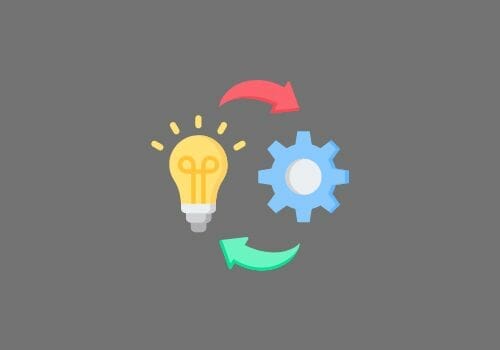
Implementing a CRM Into Your Small Business
Implementing a CRM can be a daunting task. It is important to do so in a way that will maximize its effectiveness. Here are four tips to help you get the most out of your CRM implementation:
#1 Define your goals.
Before you even begin to implement a CRM, it is important to take some time to define your goals. What do you hope to achieve by using a CRM? Once you have a clear understanding of your objectives, you can tailor your implementation strategy accordingly.
#2 Train your employees.
Your employees will be the ones using the CRM on a daily basis, so it is essential that they receive adequate training. Make sure to provide clear instructions on how to use the system and emphasize the importance of accurate data entry. In addition, consider holding regular review sessions to ensure that everyone is on the same page.
#3 Start small.
If you try to do too much at once, you will only end up confusing your employees and bogging down the system. Instead, start small and gradually roll out new features as your employees become more comfortable with the system.
#4 Monitor your progress.
Once you have implemented a CRM, it is important to monitor your progress and make sure that the system is working as intended. Regularly review your data and look for ways to improve your processes. You can ensure that your CRM implementation is successful by taking these steps.
Conclusion
If you’re still on the fence about CRMs, or if you think your business is too small to need one, I urge you to reconsider.
The benefits of a CRM are vast and can help businesses of any size increase efficiency, productivity and, most importantly, sales. Not to mention, implementing a CRM doesn’t have to be expensive or time-consuming.
Book a consult, and I’ll be more than happy to help set up your CRM and answer any questions you may have along the way. Contact me today for a free consultation!

